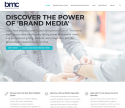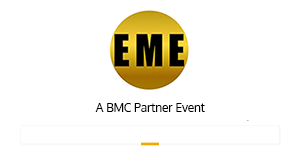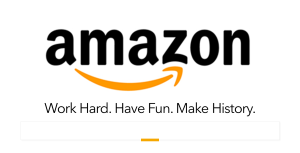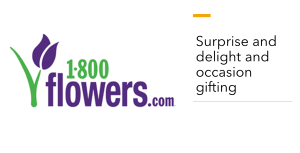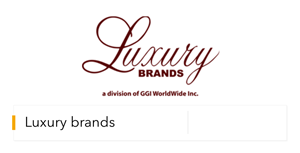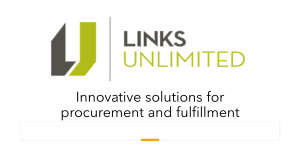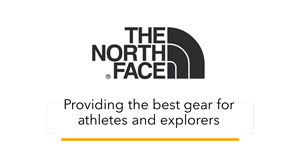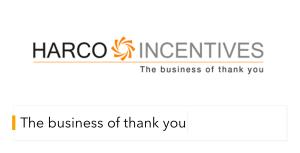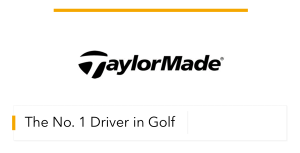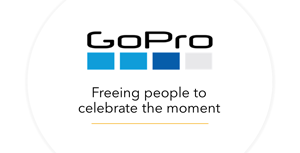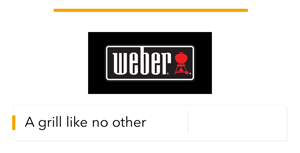Incentive Federation Offers Overview of the Tax Benefits it Helped Create
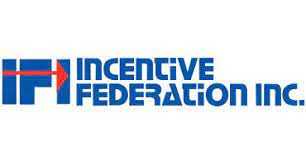 Comprised of all the associations related to the Incentive, Rewards, and Recognition (IRR) business, the Incentive Federation played an important role in tax laws that have survived to this day benefiting gifting, length-of-service, and safety programs, but it’s important to know the rules to stay clear of trouble.
Comprised of all the associations related to the Incentive, Rewards, and Recognition (IRR) business, the Incentive Federation played an important role in tax laws that have survived to this day benefiting gifting, length-of-service, and safety programs, but it’s important to know the rules to stay clear of trouble.Besides publishing a periodic census of the rewards and recognition industry and monitoring legislative issues related to the field, the Incentive Federation has played a pivotal role in tax laws pertaining to rewards and recognition and to helping keep organizations informed of the rules. The detailed report, available here, details the regulations some of which it helped to insert into tax law in the late 20th century. Companies, of course, are advised to seek their own legal counsel before making any decisions. Click here to support the Incentive Federation’s efforts through its annual membership program.
According to Steve Slagle, Managing Director of the Incentive Federation, "The Federation, and some key members, notably O.C. Tanner, worked hard to maintain the current tax exclusion in the tax code during the 2017 tax reform efforts in Congress. It also took a lot of work by the Federation and others to push OSHA (Occupational, Safety, and Health Administration) to recognize that safety incentives aren't bad things, so OSHA's language about them is now more positive and less accusatory than it was back in the early 2000s. (See below for details.)
The Incentive Federation report outlines the tax laws affect gifting, employee achievement, length of service, safety, and travel rewards. Employee achievement awards must meet certain rules for the employer to deduct the cost of the awards as an administrative expense while still offering it tax free to the employee. Subject to meeting thee requirements, “an employer may deduct the cost of employee achievement awards given to the same employee up to $400 in any year as an administrative expense. If the employee achievement awards are given under an employer’s qualified plan (i.e., a written plan or program that does not discriminate in favor of highly compensated employees as to eligibility or benefits), the $400 deduction limitation is increased to $1,600 per employee. The average cost per employee of all employee achievement awards given pursuant to all the employer’s established written plans during any given year cannot exceed $400, however.”
A qualified plan award is defined as “an achievement award given to an employee as part of an established, written plan or program which does not discriminate in favor of highly compensated employees (as defined in IRS Publication 15-B) as to eligibility or benefits. The award must be for length-of-service or safety awards specifically.
Gifts of “nominal value” can be excluded from this calculation for established programs. The IRS apparently does not provide a formal definition of nominal, but most accountants use a figure between $50 to $100.
A length-of-service award beyond the nominal amount “can be excluded from an employee’s income only if it is received by the employee after his/her first five years of service with the employer giving the award, and then only if the employee has not received another length of service award from his/her employer for at least five years.” And, “the award must be given as part of a meaningful presentation and under such conditions that it does not amount to disguised compensation. For example, an incentive award will not qualify for favorable tax treatment if it is given at the same time that annual salary adjustments are made, or if it is used as a substitute for a program of awarding cash bonuses.”
For employee achievement, length of service, and safety awards, “the IRS Code defines a deductible employee achievement award as an item of “tangible personal property” that an employer gives to an employee for length of service or safety achievement.” This can include merchandise items but excludes cash; cash equivalents such as gift cards, gift coupons or certifications other than “conferring the right to select and receive and tangible personal property from a limited number of pre-selected items from the employer. Also excluded are travel, vacations, meals, lodging, tickets to entertainment and sporting events, or any type of financial security. Failing to meet these rules subjects the gift to treatment as ordinary income.
Incentive travel awards given to employees are taxable at fair market value as income to them and are deductible by the employer as paid compensation.
The Incentive Federation report reminds companies to pay particular attention to safety achievement rules. “An award for safety achievement can be excluded from an employee’s income only if that employee is a full-time employee (other than a manager, administrator, clerical worker or other professional employee), and then only if during the taxable year all other employee awards for safety achievement have previously been made to 10% or less of the eligible full-time employees of the employer, excluding awards that are not taxable because they are de minimis fringe benefits. Once the 10% limitation is exceeded in any given year, the employer may not deduct the cost of any subsequent safety achievement awards as an administrative expense. Because the award would be taxable to the employee as additional compensation, however, the employer may deduct it as such.”
The report cautions: “Incentive companies should be extremely careful that safety achievement awards qualify under Code section 274(j), or the employer may have to treat the award as additional compensation and be liable for additional overtime to its employees.”
Also, it’s important to note that the Occupational Safety and Health Administration (OSHA) disallows safety incentive programs that discourage employees from reporting accidents, illnesses, or safety hazards. On the other hand, the rules allow an incentive program that “makes an award contingent upon whether employees correctly follow legitimate safety rules such as wearing hard hats or protecting themselves from falls.” According to OSHA “Incentive programs can be an important tool to promote workplace safety and health. One type of incentive program rewards workers for reporting near-misses or hazards and encourages involvement in a safety and health management system. Positive action taken under this type of program is always permissible.”
Subscribe to RRN’s weekly e-newsletter.
Profit From the “S” of Environmental, Social, Governance (ESG)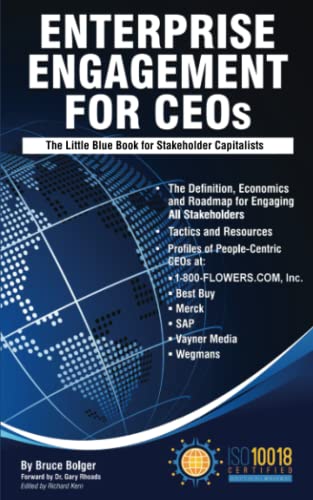
Through education, media, business development, advisory services, and outreach, the Enterprise Engagement Alliance supports boards, business analysts, the C-suite, management in finance, marketing, sales, human resources and operations, etc., educators, students and engagement solution providers seeking a competitive advantage by implementing a strategic and systematic approach to stakeholder engagement across the enterprise. Click here for details on all EEA and RRN media services.
1. Professional Education on Stakeholder Management and Total Rewards
Strategic Business Development for Stakeholder Management and Total Rewards solution providers, including Integrated blog, social media, and e-newsletter campaigns managed by content marketing experts.
4. Advisory Services for Organizations
Stakeholder Management Business Plans; Human Capital Management, Metrics, and Reporting for organizations, including ISO human capital certifications, and services for solution providers.
5. Outreach in the US and Around the World on Stakeholder Management and Total Rewards
The EEA promotes a strategic approach to people management and total rewards through its e-newsletters, web sites, and social media reaching 20,000 professionals a month and through other activities, such as:

Through education, media, business development, advisory services, and outreach, the Enterprise Engagement Alliance supports boards, business analysts, the C-suite, management in finance, marketing, sales, human resources and operations, etc., educators, students and engagement solution providers seeking a competitive advantage by implementing a strategic and systematic approach to stakeholder engagement across the enterprise. Click here for details on all EEA and RRN media services.
1. Professional Education on Stakeholder Management and Total Rewards
- Become part of the EEA as an individual, corporation, or solution provider to gain access to valuable learning, thought leadership, and marketing resources.
- The only education and certification program focusing on Stakeholder Engagement and Human Capital metrics and reporting, featuring seven members-only training videos that provide preparation for certification in Enterprise Engagement.
-
EEA books: Paid EEA participants receive Enterprise Engagement for CEOs: The Little Blue Book for People-
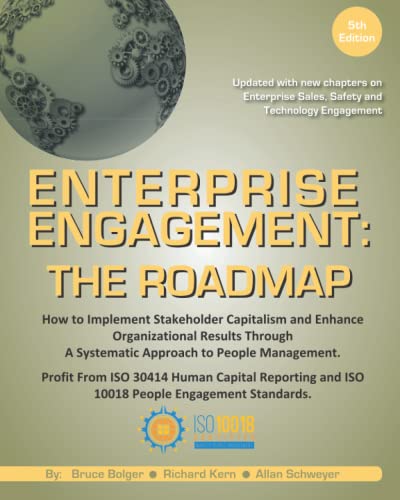 Centric Capitalists, a quick implementation guide for CEOs; Enterprise Engagement: The Roadmap 5th Edition implementation guide; a comprehensive textbook for practitioners, academics, and students, plus four books on theory and implementation from leaders in Stakeholder Management, Finance, Human Capital Management, and Culture.
Centric Capitalists, a quick implementation guide for CEOs; Enterprise Engagement: The Roadmap 5th Edition implementation guide; a comprehensive textbook for practitioners, academics, and students, plus four books on theory and implementation from leaders in Stakeholder Management, Finance, Human Capital Management, and Culture.
- ESM at EnterpriseEngagement.org, EEXAdvisors.com marketplace, ESM e–newsletters, and library.
- RRN at RewardsRecognitionNetwork.com; BrandMediaCoalition.com marketplace, RRN e-newsletters, and library.
- EEA YouTube Channel with over three dozen how-to and insight videos and growing with nearly 100 expert guests.
Strategic Business Development for Stakeholder Management and Total Rewards solution providers, including Integrated blog, social media, and e-newsletter campaigns managed by content marketing experts.
4. Advisory Services for Organizations
Stakeholder Management Business Plans; Human Capital Management, Metrics, and Reporting for organizations, including ISO human capital certifications, and services for solution providers.
5. Outreach in the US and Around the World on Stakeholder Management and Total Rewards
The EEA promotes a strategic approach to people management and total rewards through its e-newsletters, web sites, and social media reaching 20,000 professionals a month and through other activities, such as:
- Association of National Advertisers Brand Engagement 360 Knowledge Center to educate brands and agencies.
- The EEA Engagement widget to promote, track, and measure customers/employee referrals and suggestions that can be connected to any rewards or front-end program management technology.
- The Stakeholder Capitalism free insignia to promote a commitment to better business.
- The BMC Brand Club and transactional storefronts to educate corporate and agency buyers on the IRR market.
- The EME Gold program to educate the top 3% of promotional consultants on selling engagement and rewards services.

.jpg)

